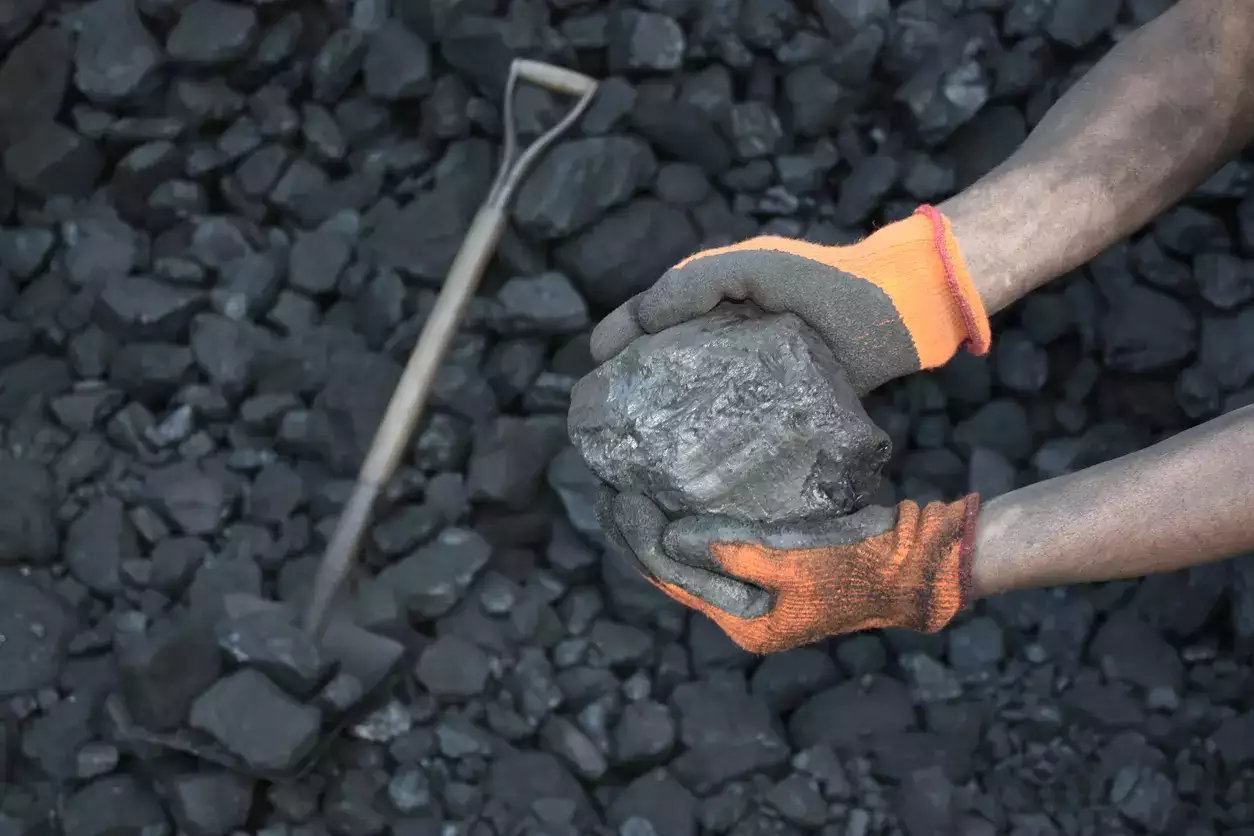 Currently, the extraction of these minerals is dominated by a few countries such as China which makes the supply chain vulnerable to geopolitical uncertainties.
Currently, the extraction of these minerals is dominated by a few countries such as China which makes the supply chain vulnerable to geopolitical uncertainties.The Ministry of Mines has successfully completed the e-auction of another two mineral blocks under tranche IV of critical & strategic mineral blocks, according to a statement issued on Wednesday.
These blocks are located in Jharkhand and Maharashtra, with mineral commodities of Graphite and Ni, Cr, Co, and Associated Minerals. The auction forms part of India's strategy to secure a steady supply of critical minerals which are vital for electronics, EVs, defence, and renewable energy sectors.
These two blocks are in addition to the announcement on November 7 regarding the preferred bidders for eight mineral blocks under Tranche IV and bring the total number of successful auctioned blocks to 10.
The Central Government has successfully completed four tranches of e-auction. These include NITs dated November 29, 2023 (20 blocks), February 29, 2024 (18 blocks), March 14, 2024 (7 blocks in a second attempt), and June 24, 2024 (10 fresh blocks and 11 re-auctions). Out of 48 blocks put to e-auction, 24 have been successfully auctioned, including four Mining Lease (ML) and 20 Composite License (CL) blocks, the statement said.
Critical minerals such as lithium, chromium, nickel, graphite, cobalt, titanium and rare earth elements are essential raw materials for sectors like electronics, electric vehicles, renewable energy, defence and high-tech telecommunications.
Currently, the extraction of these minerals is dominated by a few countries such as China which makes the supply chain vulnerable to geopolitical uncertainties.
India is viewed as part of the alternative supply chain that needs to be developed to break China's dominance in this crucial segment. India at present relies mainly on imports to meet its demand. It is also exploring opportunities for mining abroad.
India has entered into collaboration with Australia, the world's top producer of Lithium accounting for as much as 47% of the mineral. A government-to-government agreement has been signed between the Ministry of Mines and DSIR under which five projects of Lithium and cobalt have been selected where project feasibility is being carried out.
Another instrumental has been Government-owned mining company KABIL's signing of an exploration and development agreement to get exclusive exploration rights for five lithium blocks in Argentina.
The Narendra Modi government has also accelerated the exploration of critical minerals in India over the last two years as a result of which over 100 critical mineral blocks are now in the pipeline and will be put up for auction to mining companies.
